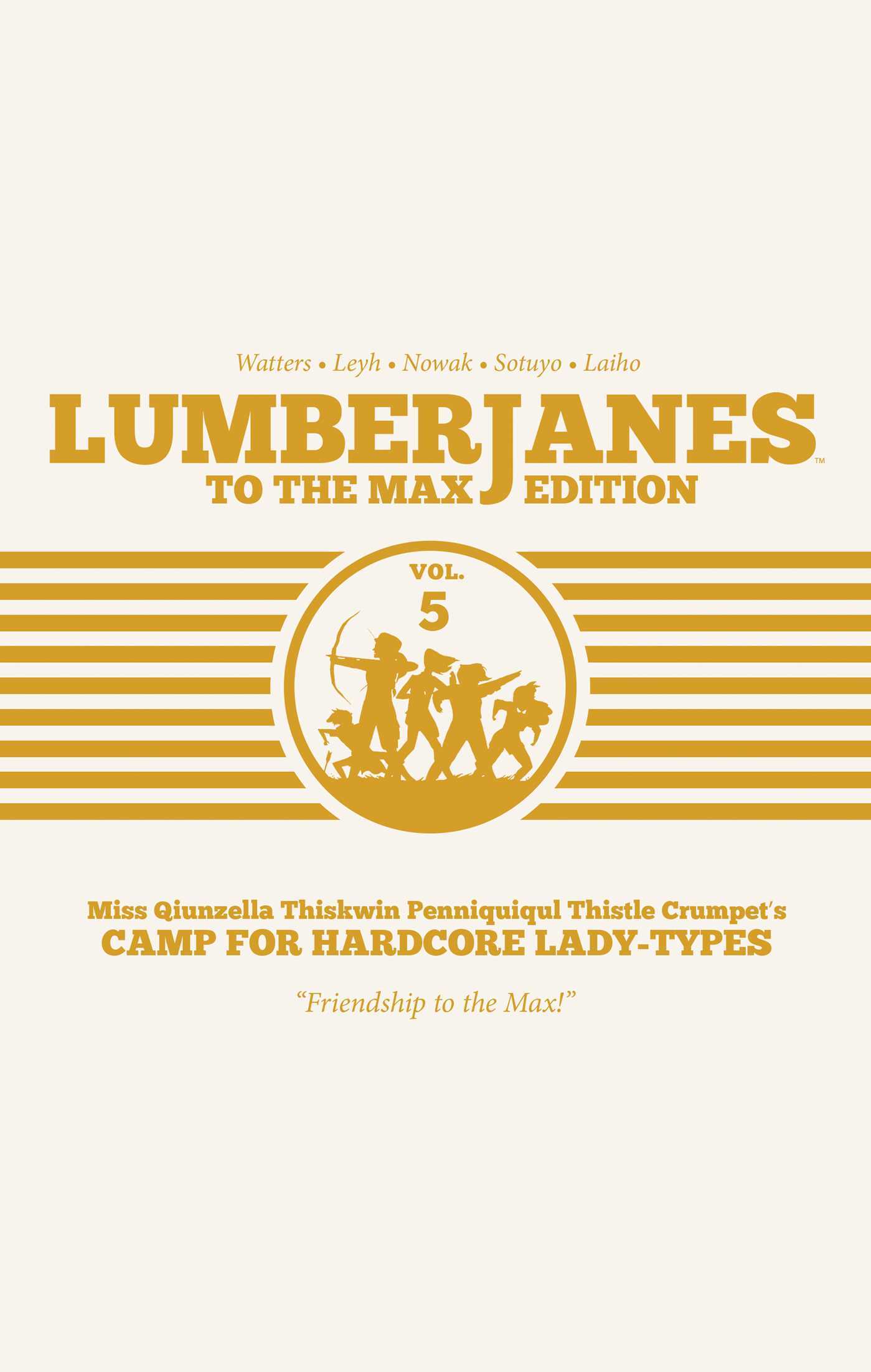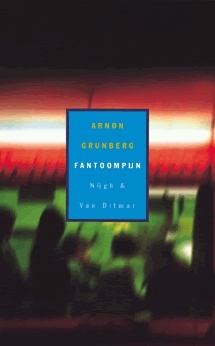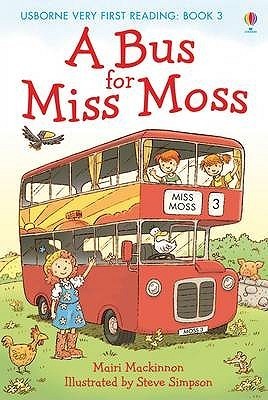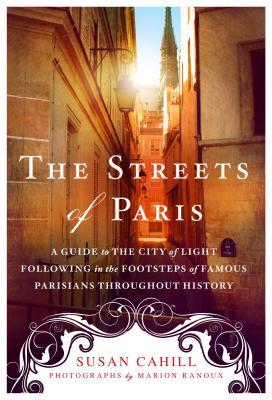
| Title | : | The Loneliness of Hira Barua |
| Author | : | |
| Rating | : | |
| ISBN | : | 9389109590 |
| ISBN-10 | : | 9789389109597 |
| Language | : | English |
| Format Type | : | Kindle Edition |
| Number of Pages | : | 208 |
| Publication | : | Published July 9, 2020 |
Hira Barua, an ageing widow living in a conflict-ridden region of Assam with her beloved Tibetan spaniel fears she is beginning to resemble a lonely Englishwoman from her past. A vicious sexual assault by the invading military drives a group of women into a shelter home. On a fateful night, a group of prostitutes make an extraordinary sacrifice for the safety of their companions.
In these, and thirteen other piercing, intimate portraits, women navigate family, violence, trauma, ambition and domesticity with caution, grace and quiet resilience.
Originally published as Mariam Austin othoba Hira Barua, this remarkable collection by one of Assam’s finest living writers won the Sahitya Akademi Award in 2014. In this brilliant English translation, Arupa Patangia Kalita’s powerful voice is brought to fresh and vivid life. Written in a variety of styles, from gritty social realism, folklore to magical realism, The Loneliness of Hira Barua is a modern classic of Indian literature.
The Loneliness of Hira Barua Reviews
-

Arupa Kalita Patangia is known for her fiction writing in Assamese. She has more than ten novels and short story collections to her credit. In 2014 she won Sahitya Akademi award for her short stories collection- Mariam Austin Othoba Hira Barua. According to the Sahitya Akademi, these short stories reflected the humanitarian outlook and sincerity of the author and her lucid style of writing and the suggestiveness in the language are remarkable in themselves. It termed the collection as an important contribution to the genre of Indian fiction in Assamese. The book has been translated in English by Ranjita Biswas
The stories reflect the turmoil Assam went through during its dark days of agitation. Some stories are more universal, painting a rich tapestry of old age, loneliness and alienation. The short story Stream is great tribute to the culinary heritage of Assam. Very skilfully Arupa weaves Assam’s history and intangible heritage into the plots. Overall a great engaging read. -

The Loneliness of Hira Barua: Stories by Arupa Patangia Kalita and translated by Ranjita Biswas, a collection of 13 short stories looks at how strife and conflict affects the common people breaking up close knit communities into opposing groups, how sudden social and cultural changes breaks families and societies. The author keeps women and girls at the center of each story: their fortitude, the burden of shame they have to bear in case they veer far from social conventions, the baggage of humiliation and victimhood they bear in a deeply patriarchal and violent society, their relations to the men in their life in the form of husbands,fathers and sons.
Arupa’s writings and the way she weaves universal themes of trauma and suffering on one hand, the small joys of life, the details of flowers and festivals on the other hand make this collection an immersive read. The writing style varies from folk to modern to allegorical. And no,writing from a violent land does not mean that it is only blood and gore, grief and tears that you get. There are stories on the nature of filial attachments and how old people cope with the weight of their loneliness. The translation weaves beauty and eloquence in the choice of word play and the use of Assamese words and descriptions are done such that the text itself lets readers know the meanings or can be easily looked up. -

Being a stranger to Arupa Patangia Kalita’s earlier works and having heard so much about her, when I came across this translated collection of stories so poignantly titled The Loneliness of Hira Barua, I was naturally intrigued. The final convincing aspect was of course the fact that these stories were about women.
These stories started well, though I was constantly aware that a translation meant that I was missing out on some originality that would always be out of my reach. I could easily make out why her works are appreciated for their rootedness, for being as ambiguous as they are visceral. I found the vividness of the landscape in the personal in Ayengla of the Blue Hills, felt the kind of sadness mostly felt in childhood in Suagmoni’s Mother and the blunt, almost unforgiving portrayal of class realities in The Auspicious Day. I particularly have a lot of respect for the manner in which the stories deal with the idea of class, there is no forgetting but rather a certain harshness which denies any attempt at concealment. The Auspicious Day was especially discomfiting. The author goes beyond confining herself to physical depictions of conflict and shows the ruptures in what might appear to some as inane domesticity. An air of loneliness, nostalgia and a certain heaviness surrounds the entire text but it’s the kind of heaviness that most people would relate to which is what makes it more striking. This identification and assurance (even of sadness) are probably what attract me to South Asian writing. However unfamiliar the ethos might be, it’s never alien.
Sadly, the stories soon took over a cadence of horrible binaries: the Virginal woman and the Promiscuous one, the ‘traditional good’ woman and the ‘modern destroyer’ of families. I do understand that modernisation as understood in its most nascent form can be detested by people but to show women as being the bearers of its destructive energy is repulsive. The story A Cup of Coffee from Aunt Brinda depicted a ‘modern woman’ (immensely objectified) in western clothes and cigarettes who unilaterally destroys a bright dutiful boy of a very dedicated (of course) mother. There was also an erasure of any sense of agency for young women. If they were ever shown alone, they were almost always shown as potential victims. I soon grew tired of this didacticism and struggled to get past the latter half of the collection. While the rootedness appeared appealing at first, the fissures erupted soon because nothing can ever be too solid in its place. If is it, a rot is inevitable.
I appreciate the women I met in this text, I really do. Survival is circumstantial and sometimes almost defiant. However, I refuse to believe that they were always the meek creatures they were shown to be, a mere shadow of the men in their lives. I just wish we could have met the other side too. -

Despite lyrical sentences like
Beyond the stretch of green fields, the hills take on the hue of peacock feathers. The paddy fields, the sky and the hills dazzle the eye. Occasionally, a rainbow arches right across the sky. The river borrows a bit of the rainbow and mixes the colours on its own liquid palette. When the river flows through the leafy banks of trees, it turns green; the sky adds a tinge of orange in the afternoon; amid the sand banks, it looks brown and sombre. From time to time, it turns sharply, like a dancer bending her waist, then decides to flow on...
this book is pervaded by sorrow, sadness, loss, nostalgia, political and domestic strife. Not one story is happy, yet all are immensely readable. -

Short stories collection. Mixed bag, mostly very good. Very good writing and/or very good translation! Really like the author's writing! A detailed review...maybe later.
-

The Loneliness of Hira Barua is a collection of 15 short stories by Arupa Patangia Kalita, translated from the original Assamese মৰিয়ম আষ্টিন অথবা হীৰা বৰুৱা, by Ranjita Biswas. It is a collection of tales set in the beautiful land of Assam and a wonderfully visual one at that.
At the core, these stories all revolve around women in various stages of life - young Mainao, the outspoken and righteous Surabhi Barua, married Nibha-Bou, to Kuntibala who showers love blindly upon her son, Brinda khuri, and ending with the eponymous Hira Barua. Along with the diversity in their ages, these women face various problems and Biswas's translation sets a beautiful motion for the storytelling. The reader is ensnared by this lyrical and poetic writing, which is often interspersed with these various serious and sometimes tragic issues.
These women all face oppression in different ways - some by archaic rules of society, the patriarchal bonds that clip their wings, to blind emotions that bind them and make them blind to some perhaps not so right things. These stories deal with the militancy that once ravaged the state and at the same time the loneliness that grips so many people especially in the late stages of their life.
It is also because of these serious topics that reading this collection was an intense affair for me. I would put it down and take a break for a while because my heart would break reading these stories. But then I would always go back to it because such is the allure of this beautiful collection of stories, with their astounding depiction of my dear motherland. Assam and her beauty are unfurled as if Bohagi has let open her voluminous hair leaving behind an aroma that is essntially Assamese.
Overall, I loved this book and am surely going back to rereading it soon! 5/5 stars!
Check out my Youtube reading vlog for this book
here. -

3.5
At the centre of the war, there are always women. First restrictions are imposed upon women. Women are used as weapons. Women are abducted. Women are destroyed. Women suffer the most.
And in most of these stories, women were the centre of the plot, going about their day as they carried deep sadness in their hearts.
Deeply moving and laced with melancholy, The Loneliness of Hira Barua was an eye-opening read for me. Unfortunately, I had little idea about the Assam that was at the height of violence. Through these stories, Kalita has done a phenomenal job at bringing characters and their pain and trauma to the fore. This is why many of these stories were hard to read.
With that being said, I always seem to have a love-hate relationship with short stories and this one was no different. Whilst I enjoyed several stories for their lyrical flow (like, Stream) and depth (like The Loneliness of Hira Barua), some others didn't make a mark on me.
But I'm glad this was my first Indian translation and it did begin on a high note. -

When simple writing meets provocative thoughts. Delightful, poignant and short!
-

I had made it a point in the beginning of this year to explore as many stories I can, fictional and non-fictional accounts, oral narratives and folklore based on my region. My inquisitiveness took me to a number of libraries and bookshops to collect Assamese literary gems and I successfully got my hands on a number of books written in Assamese. Those books however lay unattended till date due to other commitments that came in the way. I’ll definitely catch up with my huge Assam pile before the year ends.TBH the size of the pile intimidates me. So I tried to divert myself from that huge TBR and picked up this relatively small collection of translated short stories which I finished in a few hours.
‘The Loneliness of Hira Barua’ the title of the book, is one of the 15 stories and happens to be my favourite of all. I’ll get back to that again. But let me just point out a few things I didn’t like about Patangia’s writing. There were two stories in particular that I didn’t like at all, which kind of read like traditional values slapping modernity in its face, misrepresenting women as perpetrators, criticising women for being non submissive, making independent choices and not adhering to norms. I wonder if that was the author’s intended style of writing but the tone of the message certainly determined my comprehension. I don’t think the translation is to be blamed. It would’ve read worse to me in Assamese.
If I disliked this about the author, I also appreciate her for incorporating the raw essence of Assamese culture in most of her stories.
The first 5 stories are clustered as ‘Her stories’, plainly women centric. All of them equally heart rending. The Girl with Long Hair was especially haunting, which vividly reflected the patterns of discrimination operating against women in society. The story of Surabhi Barua in particular showed how women’s independent thoughts are trivialized and condemned , how women are systematically subordinated, how they are targeted to be silenced if they dare voice out their opinions. Patangia also gives a voice to women trapped in conflict ridden regions.
There are stories of women being raped and tortured by forces in power. There are subtle references to the psychological impact of violence on women in ‘Ayengla of the Blue Hills’. Patangia also focused on the conditions of the Assamese middle class , shedding light on the ordinary everyday practices of Assamese people, reflecting the temporal pattern of life in general.
I’ve already mentioned my favourite short story. It made me cry like a baby all throughout. I wish I could hug Hira Barua’s dog Sonali, fondly called sonamoni. I am an overthinker and just like Hira Barua feared that her life was beginning to resemble a lonely Englishwoman’s, I worried if I end up like Hira Barua. On a lighter note, I’ve comforted myself with positive thoughts. Our situations are different, the choices at our disposal are different which changes the whole story, isn’t it? -

It’s a collection of 15 short stories amalgamating the culture and customs with the lives of people living in interior parts of Assam. In majority of the books based on North-Eastern states of India, the main theme is social and political disturbance; which is important in terms of social awareness.
However, any state’s identity is beyond the social/political upheaval its going through and this book brings the beautiful aspects of one such state on a reader’s platter.
The stories revolve around the lives of women who having faced brutalities of life and abandoned by those they believed in, are yet standing strong and hopeful. It is these same stories which provide an intrinsic sketch of the tradition and art of interior Assam which slowly is graduating towards modernism.
The women here have a firm grip on the traditions which the author beautifully highlights with stories of Nibha Bou, Mainao, Suagmoni’s mother and Hira Barua. I was amazed with the detailed description of activities undertaken during Bihu, Durga Pujo and recounting the source material and process of preparing local cuisines such as bhedailota, borpitha, ghilapitha, nolkothu.
No writing of the author is complete without mentioning the relativity of nature with everyday life- cooking, sewing patterns on Sador (local costume), exterior of a house, décor or simply walking, everything is archetypical of local flora. Her portrayal of nature is sentimental yet fascinating.
One thing I noticed after moving to Guwahati is people sincerely care for the trees; not just the indoor ones but on the pathway as well.
This is the third book translated by Ranjita Biswas which I have read and I am sure this won’t be the last. Her translation is always graceful. Grateful to her for bringing the author’s works to a wider audience.
My only query is the inclusion of 6-7 stories from her previous collection Written in Tears in this book as well. I couldn’t understand it but rest is just impeccable writing. -

4.25 stars!
A collection of short stories set in Assam about the lives of Assamese women domestically as well as in the larger picture of society, The Loneliness of Hira Barua is a fantastic glimpse into lives that keep getting sidetracked and overlooked. Halfway through, I felt that the writing – the translation – wasn’t that great and that it tries too hard to be poetic. Poetry in writing can come in different ways, of which the roundabout way is the most frustrating for a reader. But when it ends up being impactful, I think that it becomes a minor issue. One that can be ignored. It’s a stark, moving, honest collection that is a reflection of reality. This is one that I’ll definitely recommend if you’re looking for a translation/short story collection/book by an Indian author.
(Taken from my June 2022 wrap up on my blog:
June 2022 Wrap Up) -

A collection of 15 short stories by the Indian author, and Sahitya Akademi Award winner. The stories are diverse - mostly about the trauma of the violence for the innocent people in Assam. Then there are stories about the loneliness of the old, many of them not from that part, but settled there - not wanting to go back to their native places. The old find themselves single in the winter of their lives, their children or other relatives having gone out to earn living. Heart touching stories.
-

The review of this book can be found on my blog. The following is the link:
https://mycanopyin.wordpress.com/2021... -

15 Stories that are translated into English deal with various aspects of life, society, and culture of Assam - Urban as well as Rural.
-

A book of very very sad short toured set in the times of the ULFA struggle in Assam.
-

The Loneliness of Hira Barua by Arupa Patangia Kalita is a collection of short stories translated from the Assamese by Ranjita Biswas.
These stories revolve on multiple themes, both socio political and personal; dealing with trauma and grief, family and patriarchy, sometimes creating a web of memories and sometimes blending traditional folklore with storytelling.
I found some stories deeply moving and poignant, like the opening story from this collection about a group of women who resort to a shelter home after a violent sexual assault. On another night, a group of prostitutes, also residing in the shelter home, make a sacrifice for other women when the invading military shows up at their gates. This was probably the shortest one in here and so powerful!
Another particularly heartbreaking story was based on a real incident about the militant bomb attack at Dhemaji parade ground on August 15, 2004 when thirteen people, including ten school children lost their lives. I thought it was excellent how the author weaved the details of this horrific attack, mixing it with a folktale and delivering such a deeper impact.
I loved the translation and how bits of Assamese language and some words were retained from the original text, making it richer in its telling. -

There is an air of nostalgia and sombreness in the way Arupa Kalita weaves each story. The Loneliness of Hira Barua is a collection of 13 very beautiful and eloquent short stories, centering women and their emotional turmoil. This book has been translated from Assamese by Ranjita Biswas and is considered a huge contribution to the Assamese literature. These stories of the past- the trauma, the hardships, the baggage, the loneliness- they carry an essence of traditional folklore of Assam.
Arupa Kalita gives us a collection of multiple themes- both universal and personal, that takes us back in time when common people of Assam, especially women were facing some of their dark days. The opening story talks about the sacrifice made by a group of prostitutes when the military knocks at the door of a shelter home where other women were residing. It just gives you the chills at the right moment. Every story in this book is like listening to an old melody from your grandma.
When you read translated works, you go into the book knowing the fact that the author's emotions might not reach you completely. The essence of it somewhere gets lost in the translation. But I feel Ranjita Biswas did an amazing job with the story telling here. The language is kept easy, the pace was good and overall, it was remarkable. I applaud the author for skillfully incorporating the rich heritage of Assam and it's culture into the stories. Go ahead, give it a read. It's one of the most wonderful short stories I read.







